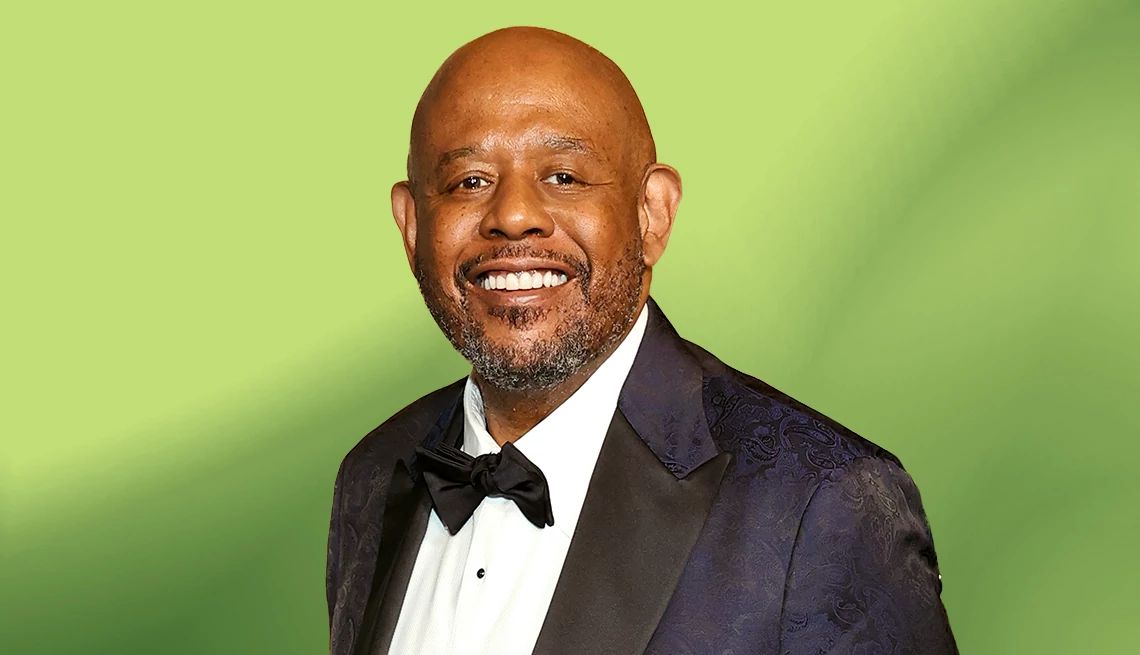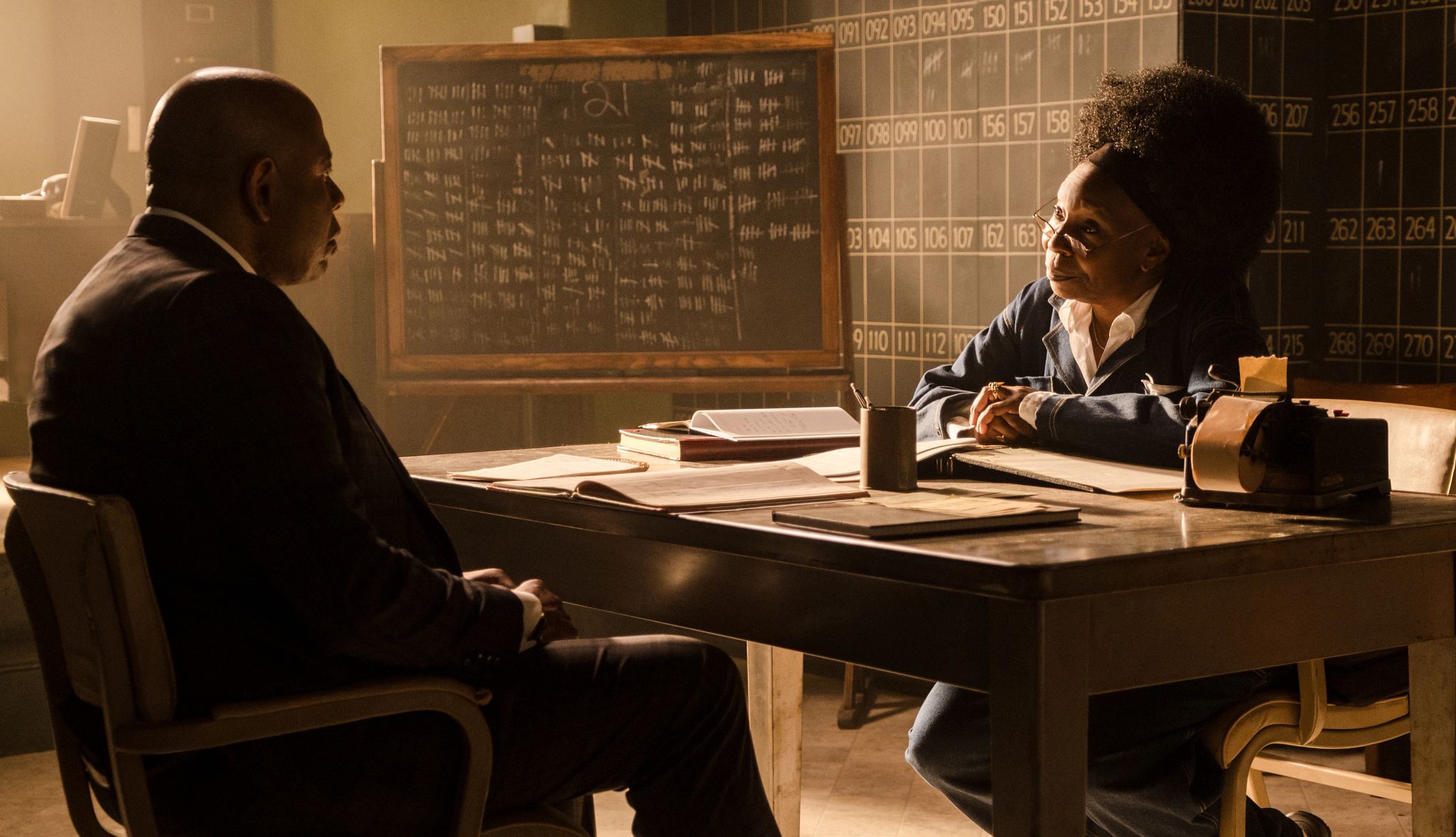AARP Hearing Center


Getting older has its advantages, says Oscar-winning actor Forest Whitaker, 63: “The best thing is being wise enough to know what the good places are for joy.”
Whitaker’s thriving career remains one of those “good places,” and has been since his film debut as a star football player in the classic ’80s teen coming-of-age film Fast Times at Ridgemont High. In the 43 years since, he’s achieved critical acclaim in wildly diverse roles. These include the kidnapped British soldier in 1992’s The Crying Game and Ugandan dictator Idi Amin in 2006’s The Last King of Scotland, for which he won a best-actor Oscar.
In his latest starring turn, he reprises his role as Bumpy Johnson for the fourth season of Godfather of Harlem. He plays a complex real-life African American crime boss who was not only a violent gangster but also a poet, chess master, and confidant of Lena Horne, Malcolm X and Muhammad Ali. The historical drama series returns April 13 on MGM+.
Another joyful place for Whitaker is family. He’s nurtured close relationships with his four children (son Ocean, 34, and daughters Autumn, 33, Sonnet, 28, and True, 26), who follow in their father’s creative footsteps. “All my kids — they’re all artists,” he says.
Whitaker recently spoke to AARP about how he’s adapting to life in his 60s; the pleasure of working with Whoopi Goldberg, 69; and his thoughts about daughter True’s acting debut in The Godfather of Harlem.
This interview has been edited for length and clarity.
How did you prepare for the role of legendary gangster Bumpy Johnson?
I went to do research. I talked to his daughter, his granddaughter. I talked to a couple of men who were working for Bumpy. I looked for all the photographs I could find. There were really only three photographs I found. And then I tried to pull that into something that felt right for the character, finding his voice, his movements from the only information I got. … I wasn’t thinking about Godfather when I took on Bumpy. I knew I was going to be dealing with criminality, but in the way of how it crosses with civil rights and politics of the day could be really interesting.


Is it more difficult to portray real-life people, like Bumpy or Idi Amin?
There’s a responsibility that you have toward the character itself and what you do with it. There’s a few people alive [who are] still affected by what you’re saying. A good thing about playing a real-life character is that you already have a skeleton of what’s been happening in their lives. It’s something you can look at as an outline to then be able to build a character from.





































































You Might Also Like
Helen Mirren, 79, Leans Into the 'Constant Learning Curve' of Life
She's making her 70s one of the most creative periods of her career
Italian Superfoods Star in Giada De Laurentiis' New Cookbook
Her new cookbook 'Super-Italian' serves up healthier recipes that don't skimp on flavor
Denise Richards Lives Life With No Regrets
Acress says media negativity taught her ‘to always be myself’